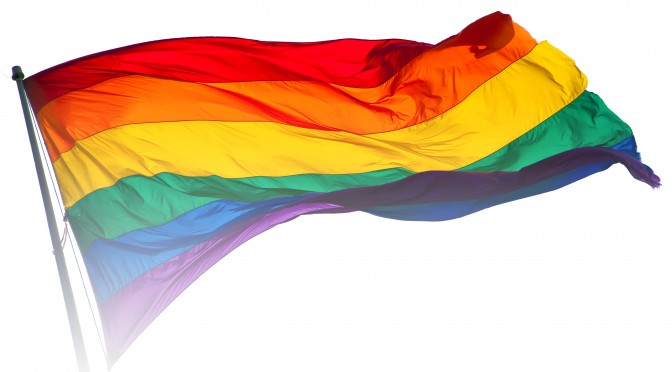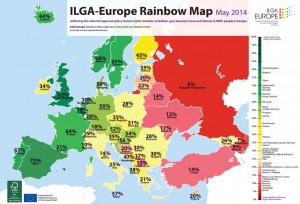My emotional spoons are spent. Defending oneself against attacks based upon ignorance of both fact and zero personal acquaintance seems a futile endeavour. Were it not for my inner justice and defence mechanisms I might just let it lie. I would probably be better off was I able to bear the injustice of false accusations and insinuations floating around. I could never be a full-time media glare person for I’d ever be fighting off the slings and arrows of bigoted hate and sharp criticism. My anxiety and sensitivity couldn’t take it.
“Sticks and stones may break my bones, but words will never harm me“
Online ad-hominem attacks are like playground bullying without the sticks and stones. The difference on social media is that when one is surrounded by bullies, it’s not a class or year-group but potentially hundreds and thousands or more. It is that much harder to just turn the other cheek and not seek to defend yourself.
“A blow with a word strikes deeper than a blow with a sword” – Robert Burton, The Anatomy of Melancholy, 1621

If the pen is mightier than the sword then sometimes it is as much a poison pen as a weapon of peace or beauty.
I love words. The longer the better! Words though, however simple, are neutral munitions that can be used and misused in the name of any cause.
Gerard Kelly wrote in awe of words and of Dylan Thomas‘ poetry that:
“To love words. To take account of their power. To stand in awe of their beauty. To splash and swim in the rivers and tributaries of thinking they make possible; going where they take you; trusting them to guide; knowing that the waterfalls they bring you to will leave you stronger, not drowned.”

Sadly, I feel drowned and not stronger by a torrent of online abuse, caught between Scylla and Charybdis or the clashing Symplegades, between a rock and a hard place.
The reason? Trying to steer a middle course between hardened opinions, polarised politics, and the victim-centric anger and hate that comes from suffering and oppression and yet leaves little room for gentleness, patience, or understanding, let alone benefit of the doubt.
It’s not the first time by a long chalk. I’ve been hammered by the gentle folk of Mumsnet and other feminist forums. I’ve been falsely accused of terrorism, rape and paedophilia online just to get me in trouble with the police in attempts to ruin my reputation. I’ve received death threats for being political and opposing Brexit or standing up for migrants. I’ve been attacked in transgender forums for being open-minded, moderate and willing to listen to those who oppose trans rights, some of whom are labelled quite accurately TERFs (Trans Exclusionary Radical Feminists).
“The dash of a Pen, is more grievous than the counterbuff of a Lance.” – George Whetstone, An Heptameron of Civil Discourses, 1582
Keyboard warriors seem to have become just as vehement and sometimes venomous as their real world counterparts. Discourse is rarely civil. It is easy to lash out first and think about the impact second, if at all. Distance in argument or debate makes personal attack easier, the things we wouldn’t say to each other’s faces.
“The tongue is mightier than the blade” – Robert Graves, quoting Euripides, Claudius the God, 1934
Self-defence involves verbal justification, reporting, blocking, or just taking time-out. When I was repeatedly attacked online, dozens of times in a week, the Police simply said “come off social media then”. Apparently, sharing your opinion online means you are not entitled to fair treatment.
“The toll and troll of online aggression hits deep into real-world emotions and mental health.”
Take care how and whom you debate or challenge online. Being gracious, courteous, offering the benefit of the doubt, costs little extra, but makes the world a better place to achieve common aims.
Choosing between self-defence and self-care does sometimes mean taking a break, but it would be better if we lived in a world of greater care, that was more considerate in how we argue, comment, respond, or challenge.
In the end, I will, of course, return to the fray, to countering hate and injustice with love and understanding, but when the spoons are replenished.


